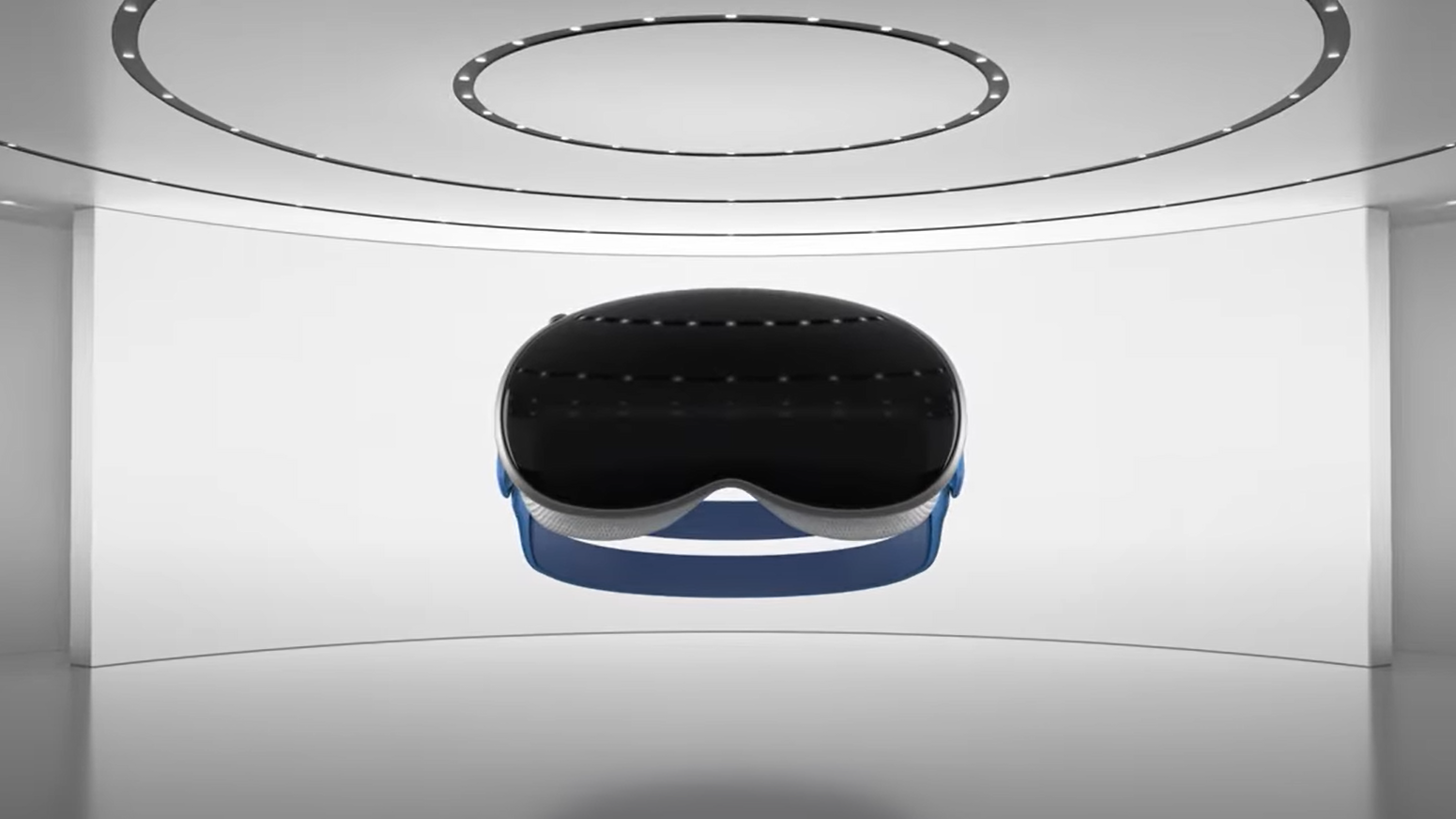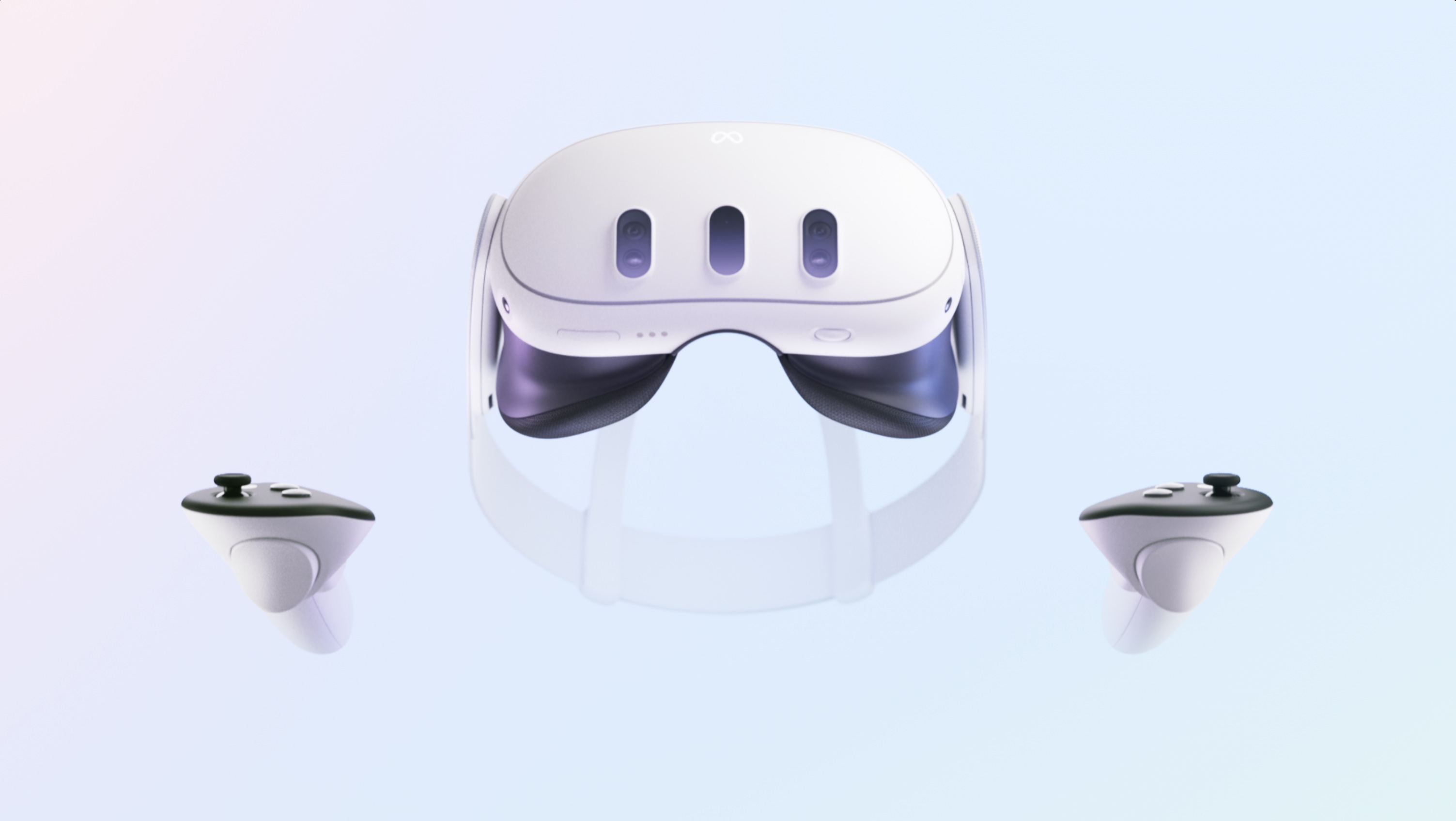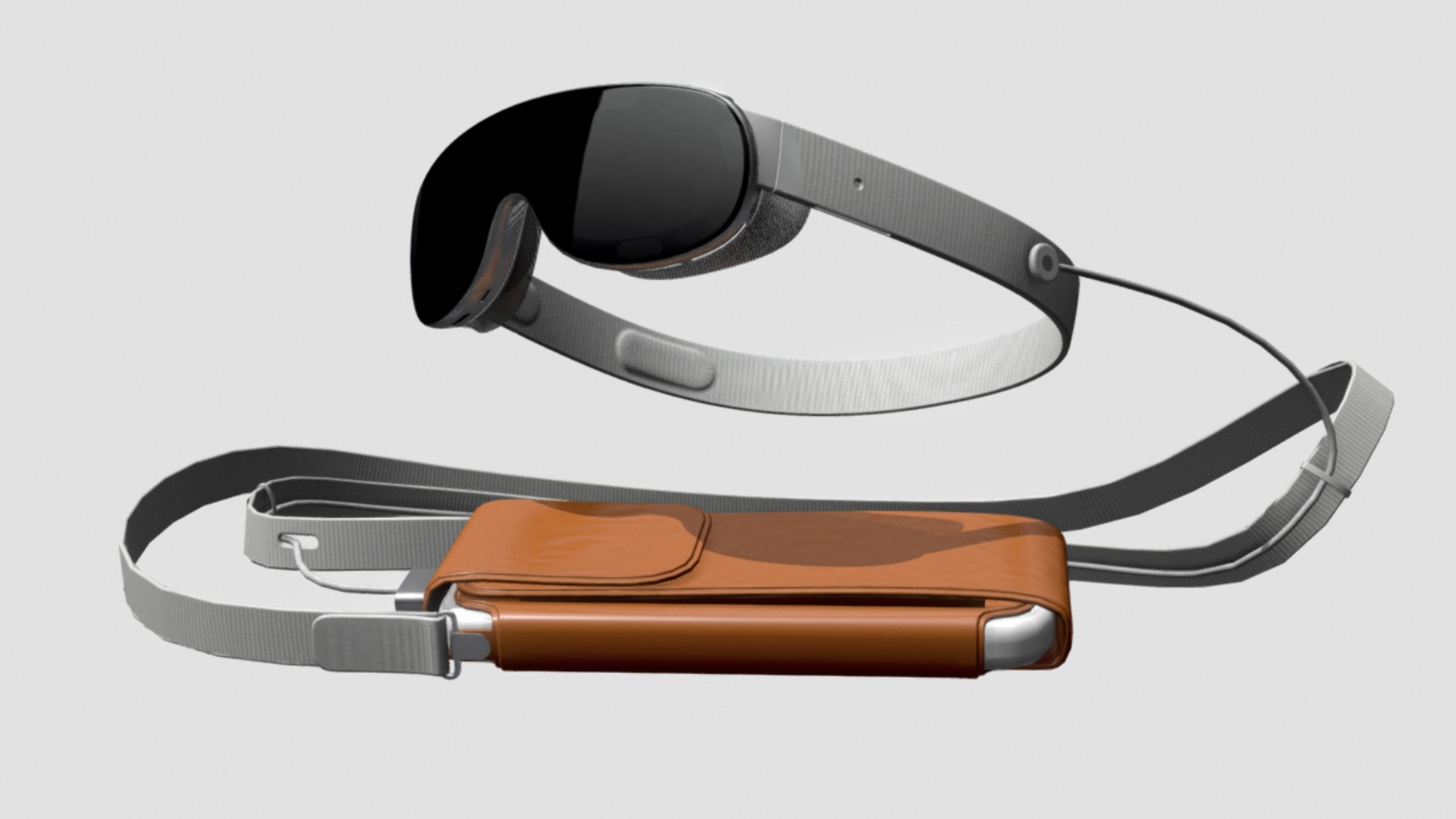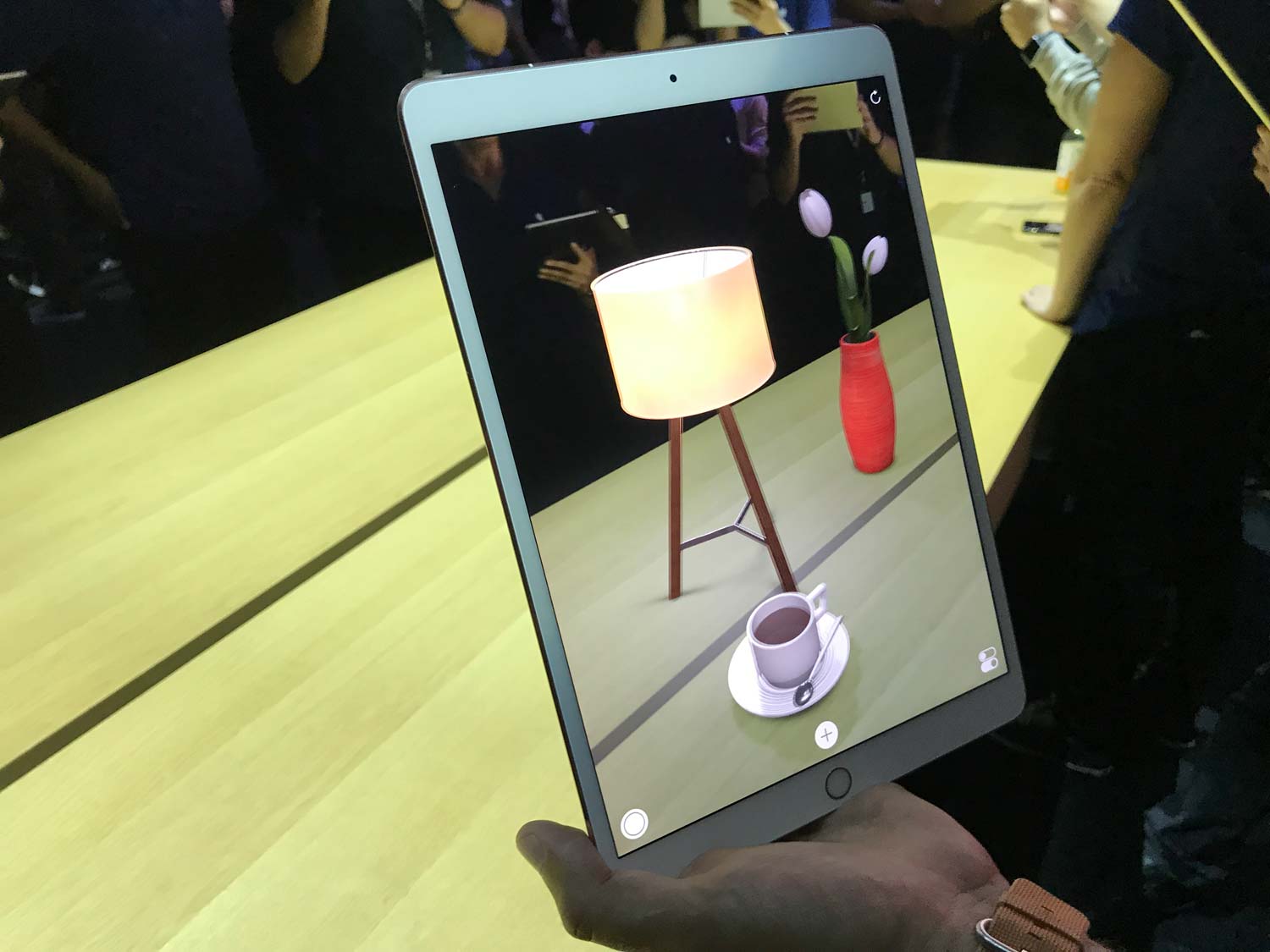
The launch of the new Apple VR/AR headset, which could be called the Apple Reality Pro, may very well be met with derisive laughter when it reportedly gets unveiled at WWDC 2023 this week. And not because CEO Tim Cook winds up looking silly in something that looks like ski goggles.
Multiple reports point to a possible $3,000 price for the Apple headset, owing to its powerful M series processor, advanced eye and hand tracking and a display that will apparently let others see your expressions, whether it’s in the same room or during a FaceTime call with someone across the world.
So it’s easy to say that the rumored high asking price for the Apple mixed reality headset will be the new device’s biggest obstacle. After all, you can buy a MacBook Air M2, iPhone 14 Pro Max and AirPods Max for less than three grand.
But if you look at the market for the best VR headsets up until now, there’s a much bigger nemesis awaiting Apple — apathy.
A struggling VR market

A leaked Meta report in October said that most "metaverse" users leave after just a month, according to The Wall Street Journal. A separate WSJ report in April said that Quest headset shipments declined by more than 90% in the fourth quarter of 2022 compared with the previous year, according to estimates from research firm IDC.
Meta Quest headset shipments declined by more than 90% in the fourth quarter of 2022 compared with the previous year.
It doesn't look much prettier for this year. CCS Insight expects sales of extended reality devices to reach 9.8 million units in 2023, up just 6% from an already weak 2022. The firm calls it a small boost in sales thanks to new VR launches like the Apple headset, PSVR 2 and upcoming Meta Quest 3. The firm predicts sales to reach a whopping 75 million units in 2027.
“If Apple unveils a headset at its WWDC event, as is widely expected, it would be the start of an exciting new chapter for the extended reality market," wrote Leo Gebbie, principal analyst for connected devices at CCS Insight. “Apple has the star power to reignite excitement about a technology that has struggled in recent times. A foray into virtual and mixed reality would be the biggest shift in the company’s strategic direction for years and a huge statement of intent to explore the next generation of computing."
Some are calling the launch of the Apple Reality Pro the biggest for Apple in nearly a decade. And that's fair, since Apple hasn't launched a new product category since the original Apple Watch in 2015.
So how will the Apple Reality Pro stand out?
Apple Reality Pro: do everything or bust

The comparison with the Apple Watch is pretty apt, as Apple's approach with its headset seems to be pretty similar to its first wearable: throw everything at the wall and see what sticks.
According to extensive reporting by Mark Gurman at Bloomberg, Apple's strategy seems to be to make the Reality Pro as versatile as possible before it decides to narrow its focus in any one area. Gurman writes that the "the main use cases will be communication, video consumption, wellness, gaming and productivity." That's a lot of use cases.
Apple's mixed reality headset will reportedly offer a new breed of FaceTime in VR with realistic avatars and new immersive video experiences with the help of famous directors like Jon Favreau. Think what the next generation of Apple TV+ could look and feel like.
In addition, a new Wellness app with a focus on meditation is reportedly coming to the Apple headset along with a Fitness+ workout app. In fact, the rumored xrOS that powers the Reality Pro will apparently run most of Apple's key iPhone and iPad apps as well as "hundreds of thousands" of third-party iPad apps.
That's nice, but the Apple Reality Pro will need a lot more to win over VR and AR skeptics.
What are the killer apps?

If Apple intends on charging $3,000 for the Apple Reality Pro, the device will need to be much more than a status symbol or a cool toy for developers. It will need to plant the flag for the next generation of mixed reality headsets and do so with a range of killer apps.
This is a huge opportunity for Apple to not only prove that VR isn't a gimmick but that all of its work around ARKit has paid off.
That includes apps like Beat Saber, which had earned over $255 million through October of 2022, according to The Wall Street Journal. It was reportedly one of 14 Meta Quest games that had grossed more than $20 million out of 500 titles in the store. Apple will no doubt court many of the same developers as Meta, but it will need to offer exclusive games and apps to get consumers excited about the Reality Pro.
That's the most exciting and important thing about WWDC 2023: what apps and experiences will Apple show off and let attendees try for themselves?
Bloomberg says that "Apple has built a large structure on the Apple Park campus to provide controlled hands-on demos of the device to some attendees and media at the conference" and that it is planning future demos through the summer.
This is a huge opportunity for Apple to not only prove that VR isn't a gimmick but that all of its work around ARKit has paid off. And apparently a digital crown-like dial will let users switch between VR and AR on the fly.
This is not the next iPhone — yet

With all the hype surrounding the Apple Reality Pro, some are speculating that this device (or its successor) could be the next big thing for Apple after the iPhone. That likely won't happen for several years, as the first headset will be too expensive for the masses.
However, Apple is reportedly already working on a lower cost headset. And, of course, the sleeker Apple Glasses could be on the horizon, though there's no timetable for a standalone AR-first pair of specs. The technology is evolving but is still years away.
The first-generation Apple headset reportedly has pretty major technical limitations. This includes the need for an external battery pack to achieve a miserly 2 hours of battery life amid reports that the device is overheating for testers.
So this is very much the opening salvo for Apple. But make no mistake — if Apple truly wows with the Reality Pro it could have a huge halo effect for the entire industry. And if it flops, it could be the beginning of the end for this category.







